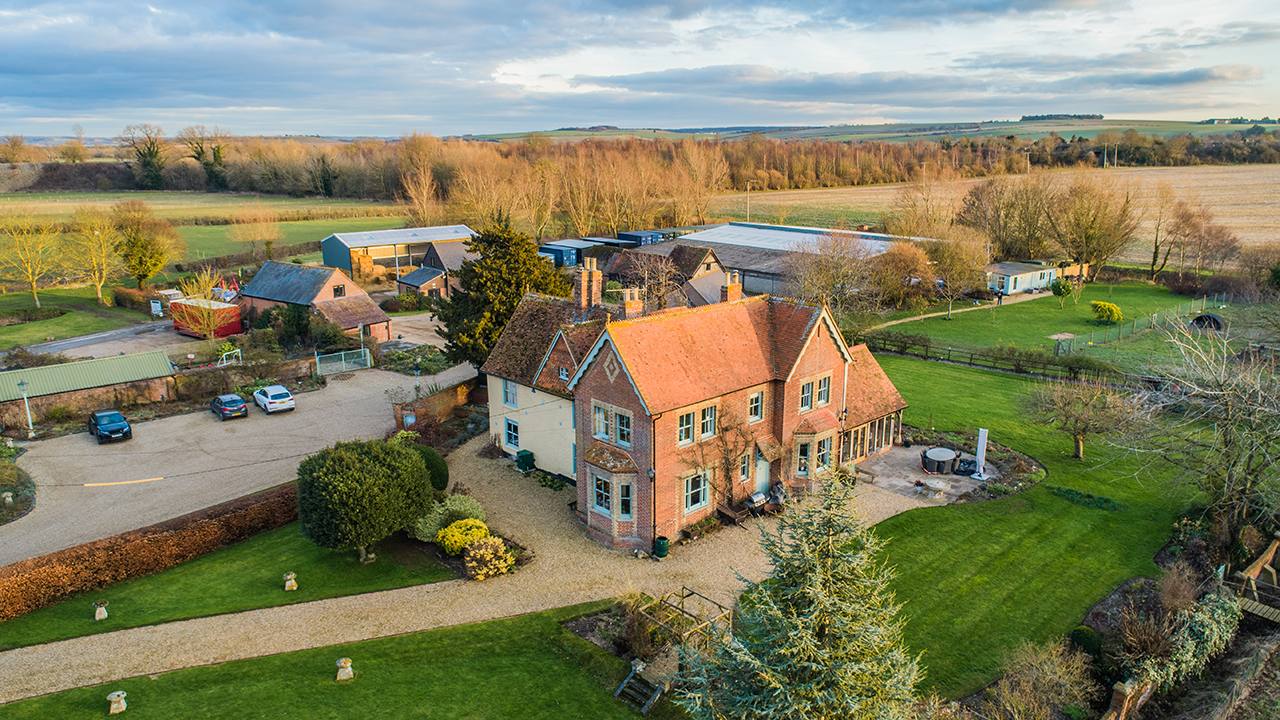Where a home is used for business purposes, a proportion of expenses can be claimed as allowable expenses for tax purposes, but what should this proportion be?
Historically, in relation to farmhouses, HMRC accepted 1/3 as a concessionary approved rate (which bizarrely is the opposite to VAT, but see our
Summer 2023 Agricultural Briefing
). However, HMRC no longer has an approved rate, so care needs to be taken to ensure that any claim is reasonable.
In its simplest from there is an approved weekly flat rate that can be applied, but it is likely that, although much simpler to apply, the current rate of £6 per week is significantly less than claiming for specific expenses.
Fixed costs
Some costs relate to the whole house and have to be paid even if there is no trade use, e.g. Council Tax, mortgage interest, insurance, water rates, general repairs etc.
If part of the home is set aside solely for use of the business for a specific period, these costs are allowable but should be apportioned by area and time. Incidental personal use of a room can be ignored for the purpose of considering sole use. It is worth noting that incidental home use would be encouraged as sole use of any area may impact Principal Private Residence (PPR) relief for Capital Gains Tax (CGT) purposes should you sell, but that’s another topic.
Looking at some of these fixed costs:
-
Insurance
– if the business is covered by a separate policy then it is that premium that is allowable in full with no part of the household insurance being allowable. Otherwise an appropriate part of the premium can be claimed.
-
Mortgage Interest
– if part of the home is used solely for trade then an appropriate part of the interest can be claimed. Note repayments of capital are not allowable.
-
Rent
– a proportion of rent payable is allowable if part is used solely for trade purposes. Note a sole trader cannot charge a separate rent to their own trade – different rules apply to a partner charging rent for the use of their home by a partnership.
-
Repairs and maintenance
- A proportion of the cost of general household repairs and maintenance is allowable in line with the proportion of the house used solely for the business. This includes external decoration, roof repairs etc.
If maintenance costs relate to an area used solely for the trade, they will be wholly allowable. If they relate to a room not used for the business then none of that cost should be claimed.
Running costs
Some expenses may vary with the amount of trade use e.g. cleaning, light and heat, metered water etc.,. If the claim is small and there is only minor business use of the home e.g. writing up records, a claim may be accepted on any reasonable basis. Otherwise more detailed consideration should be given.
-
Cleaning
– You need to consider time and area being cleaned – in some circumstance it may be the area used for the business only that are cleaned, in others there may be instruction not to clean the room. The allowable proportion should reflect the individual circumstances.
-
Heat, light and power
– A proportion is allowable for rooms used solely for the trade. For other areas, a reasonable estimate can be claimed consistent with the use.
-
Water
– In cases where there is heavy usage, it is common for the business use to have a separate meter and therefore is fully allowable. Depending on the length of time other areas are used there may be no business use of the domestic cost.
-
Telephone and broadband
– The cost of business calls is allowable as is a proportion of the line rental (based on the ratio of business use). The rental proportion should include all aspects so include incoming calls, although this may be difficult to monitor as only external calls are monitored. A similar approach should be taken for broadband.
Where private use is not significant, the full cost of telephone and broadband service can be claimed as a business expense. Note this is separate to the simplification using the flat rate approach referred to at the start of this article.
While HMRC make it clear that a reasonable approach will be accepted for small claims, they also set out the above guidance. Case law has also made it clear that they believe that expenses can be apportioned based on area and time used. While HMRC may not specifically target this if amounts are low, it is an easy “add on” to a general or more specific enquiry. It is fair to say that they could easily challenge any historic proportions that have not been reviewed recently or that have merely been increased by a generic inflationary rate each year.
It is worth pointing out that once an exercise has been performed to determine the proportions that can be claimed, this will only need to be repeated where circumstances change so may not be as onerous as it first sounds. At least if you have taken time to consider the claims, you should be able to show that you have been reasonable and are therefore neither being deliberate or negligent should a claim be disallowed.
WARNING – If you are claiming allowances on more than one house, be sure the allowances reflect which is the main one used as the farmhouse. Otherwise the claims could be detrimental to a claim for Agricultural Property relief for Inheritance Tax.
If you have any questions about the above, or would like more information specific to your circumstances, please enter your email address below and we will get in touch:
















